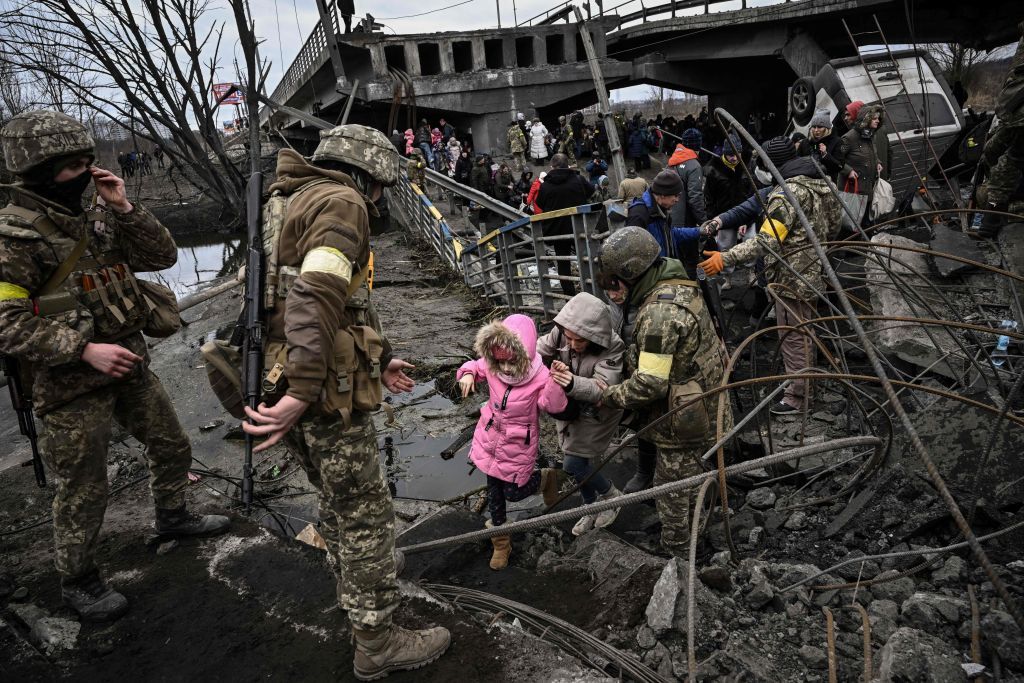ISW: Situation in Ukraine grave, but not hopeless

The situation in Ukraine on the second anniversary of Russia's full-scale invasion remains "grave, but it is far from hopeless," the Institute for the Study of War (ISW) said in its Feb. 24 report.
Ukraine on Feb. 24 entered its third year of Russia's all-out war facing ammunition shortages and uncertainties over U.S. military aid, as well as persistent resolve to keep fighting Russian aggression.
ISW analysts said that Russia has made recent gains, but at a steep cost.
"Russian forces have regained the initiative across the theater and are attacking and making gains," the ISW said.
"Those gains thus far are very limited and extremely costly. More Russian soldiers have likely died to seize Avdiivka than died in the entire Soviet-Afghan war."
The ISW also noted Ukraine's recent successes, specifically the downing of Russian A-50 aircraft and strikes against the Black Sea Fleet. Analysts pointed out that Ukrainian forces will gain another advantage when they receive their first F-16 fighter jets this year.
According to the ISW, the biggest threat to Ukraine at this juncture is not Russian military superiority, but the withdrawal of U.S. aid. Delays in funding may have already contributed to Ukraine's battlefield losses.
"If the United States, in the end, withholds that aid, then the situation can become very grave indeed," analysts said.
The ISW said that Russia is not invincible, and that it is a mistake to assume Ukraine cannot secure victory. The Russian military has "many flaws" and Ukrainian forces have proven their ability to exploit those flaws.
"Ukraine has not lost and there is no reason for Ukraine to lose," the ISW said.
"Russians are adapting for a long war effort in Ukraine, but they are not the Red Army hordes wrapped in the triumphant banners of World War II victories that (Russian President Vladimir) Putin and his propagandists pretend them to be."











